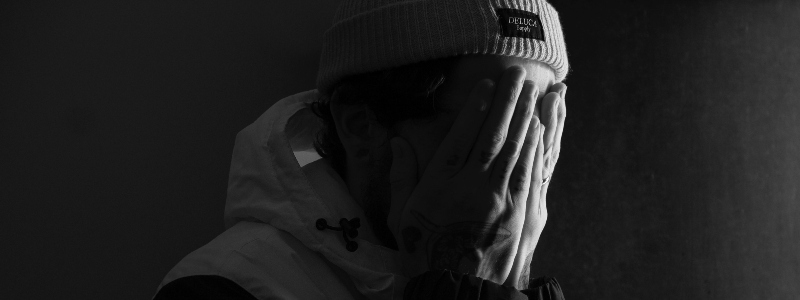What is shame?
Shame is hard to talk about, as we tend to manage it through secrecy. We hide what we are most ashamed of about ourselves. Unfortunately, shame is bound up with our bodies and so moments of feeling ashamed can often be accompanied by physiological responses which feel exposing and so exacerbate our shame further. Shame is a social experience as it seems to rely on the presence – in reality or in our minds – of an observing other or others.
Shame can also be linked to social differences, such as class, sexuality, ethnicity or disability. This is because at a social level, certain groups are made to feel shame for the rest of society. In this way, shame is also connected to power. Shame can be culturally specific – i.e. what might be regarded as shameful for one culture may be less or more so for another.
Potential origins of problematic shame
Shame is thought to be bound up with feelings about the ‘self’ and identity. It arises at an early stage in childhood when we realise there is a gap between our experience of ourselves from within and how we might be seen from outside. Shame is therefore linked to self-awareness and how we might appear to the ‘other’. Early in childhood this ‘other’ will be main caregivers and their responses provide a blueprint for later experiences of being ‘seen’. How early family relationships mirror back to the child approval or disapproval is likely to shape their relationship to shame.
Shame does have positive functions. It helps us know about appropriateness in our relationships with others. Shame is normal and a part of being human. In an ideal world, we would all be able to experience shame fleetingly.
However, chronic shame is highly problematic for many people. As shame is very inhibiting, it can prevent healthy openness and authenticity. Whatever is felt to be shameful in the person must be covered up. This protective mechanism further complicates the damage shame can do to healthy development and the quality of relationships. Examples of this might include; vulnerability hidden away behind a veneer of toughness or aggression, angry feelings that are disguised and managed by over-compliance, sexual desires that need to be suppressed and protected by prudishness or disgust. This list could go on.
How psychotherapy and counselling can help break the cycle of shame
Individual psychotherapy can often be the starting point for the individual to test out and expose their hidden shame. Sometimes, people are very aware of what shames them. However, this is not always the case and not all areas of shame are fully known about. It can be a surprise, during psychotherapy or counselling, to realise certain memories, experiences, thoughts, or feelings produce intense shame. The therapist helps investigate and tackle shame through their specific type of therapy. In this process, it is also their non-judgmental and accepting attitude that helps to undo earlier experiences of disapproval and criticism.
While the idea of a psychotherapy group can feel intimidating for people struggling with experiences of chronic shame, the non-judgemental atmosphere of the group can dissolve shameful feelings powerfully. Because shame is based in the experiences or fantasies of disapproving other/s, stepping into a social domain such as a group can help engage with and counter these feelings in a very direct and immediate way.
Secrecy fuels and exacerbates shame, however, it can also feel that it is the only way to protect the self from the experience of being seen in a shaming way. The safe and non-judgemental relationships offered in individual psychotherapy or group psychotherapy can provide the opportunity to take tentative first steps towards breaking out of the destructive cycles of secrecy and shame.
Claire Barnes is an experienced UKCP registered psychotherapist and group analyst offering psychodynamic counselling and psychotherapy to individuals and groups at our Hove practice.
Click here to listen to our podcast on this post.
Click here to download a PDF version of this post.

Leave a Reply